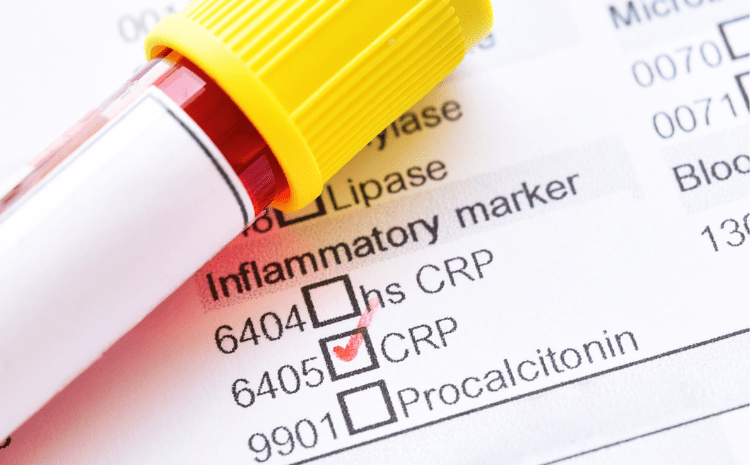C Reactive Protein: A Comprehensive Guide

C Reactive Protein: A Comprehensive Guide
C reactive protein (CRP) is a type of protein produced in the liver as a response to inflammation in the body. It is a widely used biomarker for detecting and monitoring various conditions like autoimmune diseases and cardiovascular diseases. It is also a major market for infections in the body. In this article, we will explore the different aspects of CRP, including its function, normal range, testing methods, and clinical significance.
TABLE OF CONTENTS
- What is C Reactive Protein?
- What are the functions of CRP?
- What is the normal Range of CRP?
- What can affect CRP levels?
- How is CRP tested?
- What is the clinical significance of CRP
- What is the Relation between CRP and Cardiovascular Diseases?
- What is the Relation between CRP and Autoimmune Diseases?
- What is the Relation between CRP and Cancer?
- What is the Relation between CRP and Pregnancy?
- What is the Relation between Limitations of CRP Testing?
What is C Reactive Protein?
C reactive protein (CRP) is produced in response to inflammation in the body. It is produced by the liver and it belongs to the class of acute-phase proteins, which are proteins that are produced in response to injury, infection, or inflammation.
What are the functions of CRP?
Main functions of CRP in the body are:
Binding to dead and dying cells: CRP can bind to dead and dying cells, which helps to clear them from the body.
Activation of the complement system: CRP can activate the complement system, which is a part of the immune system that helps to fight infections.
Modulation of the immune response: CRP can modulate the immune response by stimulating the production of cytokines and other immune cells.
What is the Normal Range of CRP
The normal range of CRP in the blood is less than 10 milligrams per liter (mg/L). However, the normal range can vary depending on the laboratory that performs the test.
What can affect CRP levels?
Several factors can increase or decrease the levels of CRP in the body. Inflammation is the most common reason for higher levels. Age, gender, obesity and smoking can also lead to increased crp levels in body.
How is CRP tested?
There are two blood test to check the levels of CRP. Standard CRP and high sensitivity( hs-CRPRP) As the name suggest, HS CRP is more sensitive to the CRP levels in the blood. Standard CRP test is used for common infections. The hs-CRP test is mostly used to detect the cardiac-related problems.
What is the Clinical significance of CRP?
CRP levels give the idea about the level of infection in the body. It helps doctors to prescribe the right dosage of medicine to combat inflammation.
What is the Relation between CRP and Cardiovascular Diseases?
High levels of CRP are usually associated with markers of cardio-vascular disease. If the patient is not suffering from any other infection and his CRP levels are higher then standard range, the doctor may prescribe him heart-related blood tests.
What is the Relation between CRP and Autoimmune Diseases?
If a person is suffering from an autoimmune disease like rheumatoid arthritis, lupus, etc, hs-CRP levels are above the standard range. These levels are monitored to determine the efficacy of the medicines given to the patients.
What is the Relation between CRP and Cancer?
Higher CRP levels are said to be associated with certain types of cancer like lung, pancreatic cancer but no evidence of direct involvement of CRP levels as the prime cause has not been established.
What is the Relation between CRP and Pregnancy?
As the inflammation rises, the CRP levels also rise during pregnancy, especially during 3rd trimester.
What are the Limitations of CRP Testing?
Since CRP is a general marker for inflammation in the body, it does not really pin point to the actual cause . the inflammation in the body can be due to many reasons like infections, physical injury, smoking etc.
Conclusion
CRP helps in detecting the level of infection in the body. It also acts a biomarker for various diseases like autoimmune diseases and cardiovascular disease.
FAQs
Yes, CRP levels have been found to be elevated in response to stress.
A false-positive CRP test result can be caused by factors such as smoking and obesity.
Yes, CRP levels can be used to monitor treatment response in rheumatoid arthritis.
The hs-CRP test is more sensitive and can detect lower levels of CRP than the standard CRP test.
In many cases, CRP testing is covered by insurance. However, it is best to check with your insurance provider to determine coverage.
